Not an ending, an evolution
Not an ending, an evolution
UT Texas Speech director passes the torch
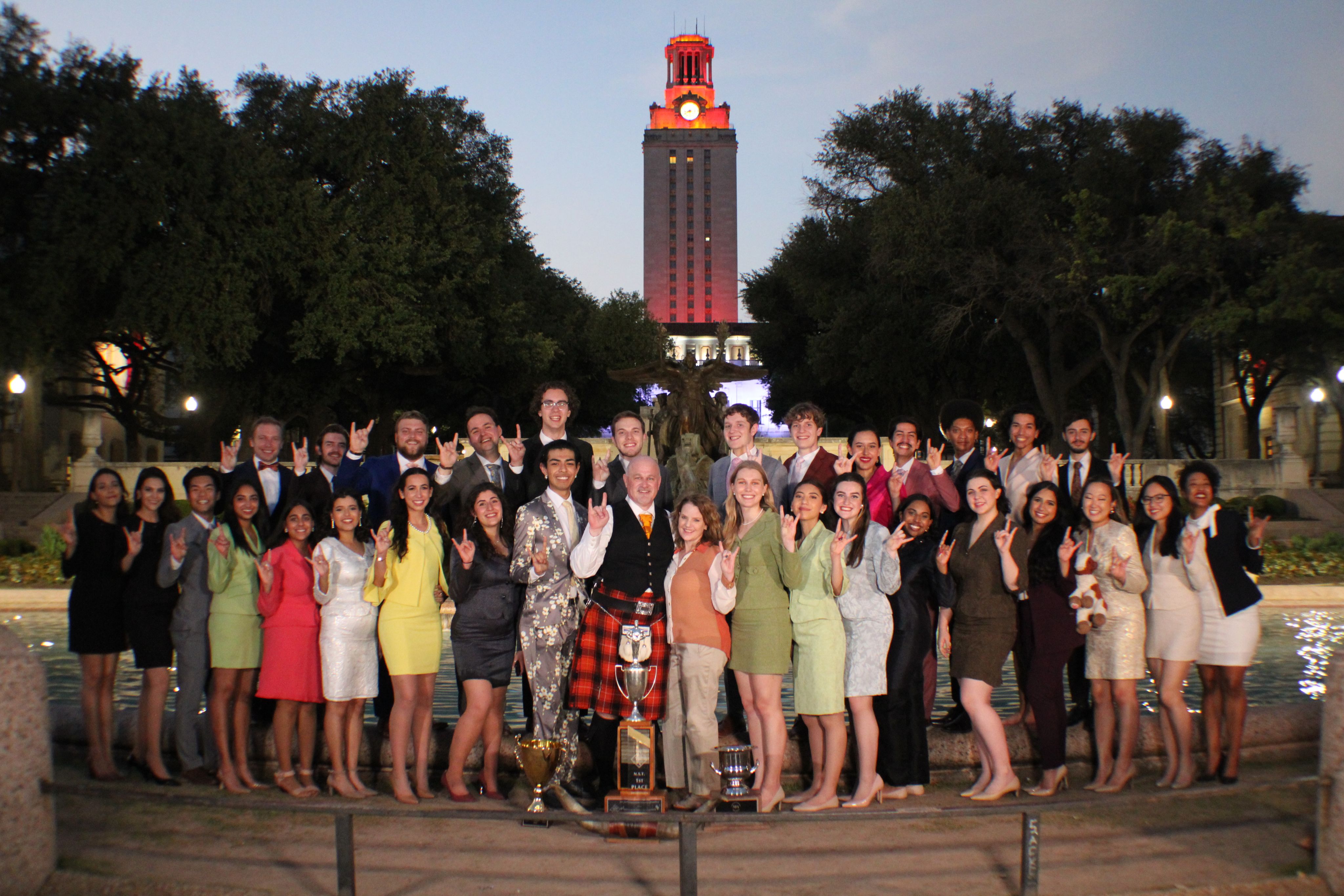
“You know, you really like to argue a lot.”
“No, I don’t,” Randy Cox told his junior high school English teacher in 1981.
Not long after this exchange, that same teacher pulled him aside and asked him to give debate a try.
Cox, now the director of Texas Speech and a professor of instruction in Moody College of Communication's Department of Communication Studies, fell in love with it and has been arguing professionally ever since.
Cox, who was a Plan II major, first joined The University of Texas at Austin’s speech team his sophomore year of college when it had just been founded. He’s gone to the national tournament every year since his first time competing in 1989.
Now, after 20 years of directing the program and even longer coaching, Cox is stepping down and passing the torch to assistant director and rhetoric and language doctoral student Eva Margarita.
While reflecting on his time with the team, Cox continuously points back to the students as the highlight of his career.
“My experience is really defined by some of the people that I’ve worked with, the students themselves,” Cox said. “Having the opportunity to work with students who come from so many different places and backgrounds and share this desire to learn and grow together and represent The University of Texas as we go to these colleges all across the country is really impressive.”
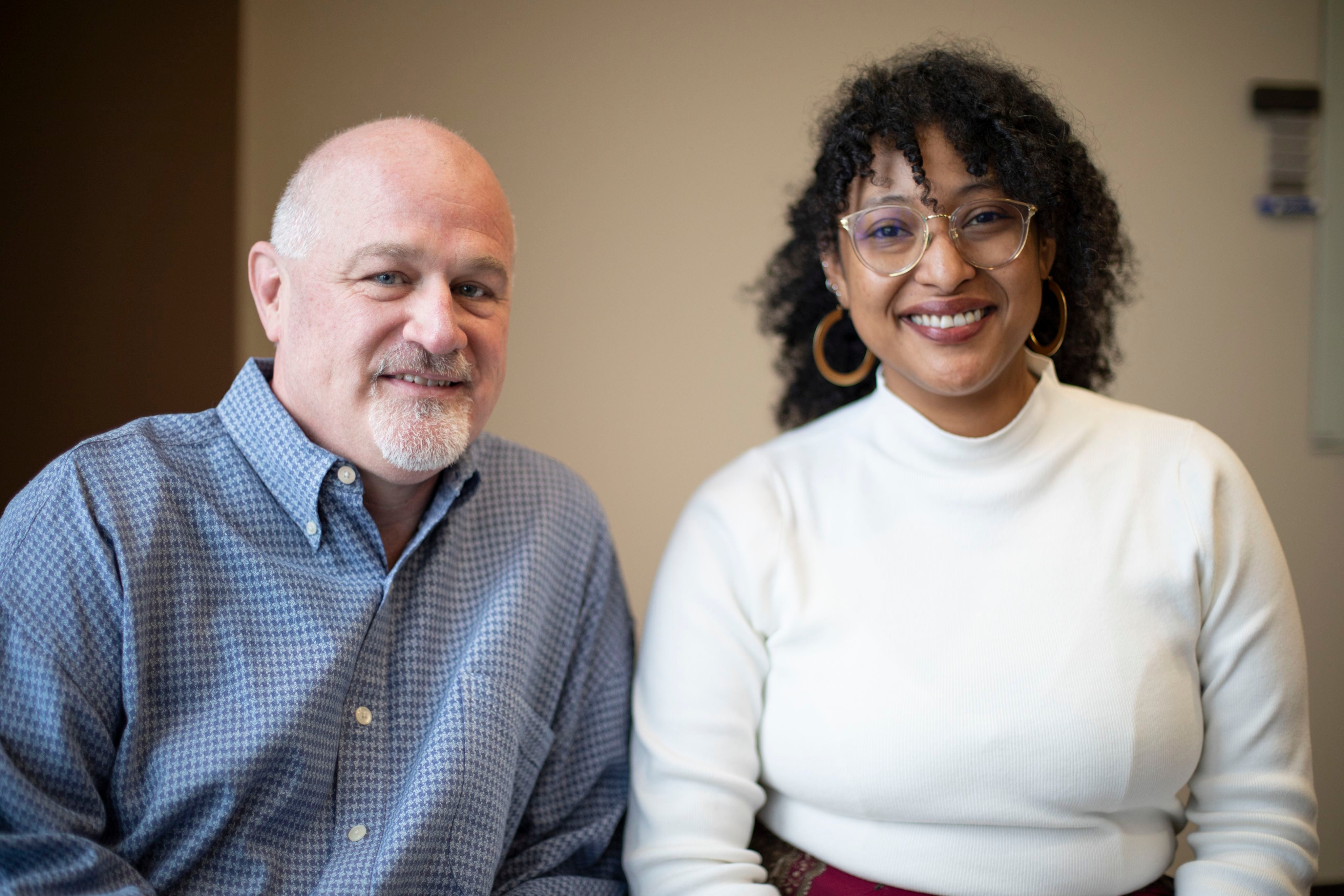
Texas Speech is housed in Moody College's Communication Studies department and takes students around the nation to compete in categories such as persuasive speaking, dramatic interpretation and communication analysis.
Over the past two decades, members have had a slew of victories under Cox’s guidance, both individually and as a team, including nine American Forensic Association national team titles.
Earning plaques and trophies is not the end goal, Cox likes to remind his students. The most important thing is for them to learn skills to help them succeed after the competition season ends.
“It’s just a stepping stone to give you the tools to do something great down the line,” he said.
“I think it’s really important that we generate a group of thinkers that learn and understand how to work creatively and critically. It is a skill set that is incredibly diverse, to be able to not just speak well, but write well. To do the research and then expect critique to an extent that you are then expected to build off of.”
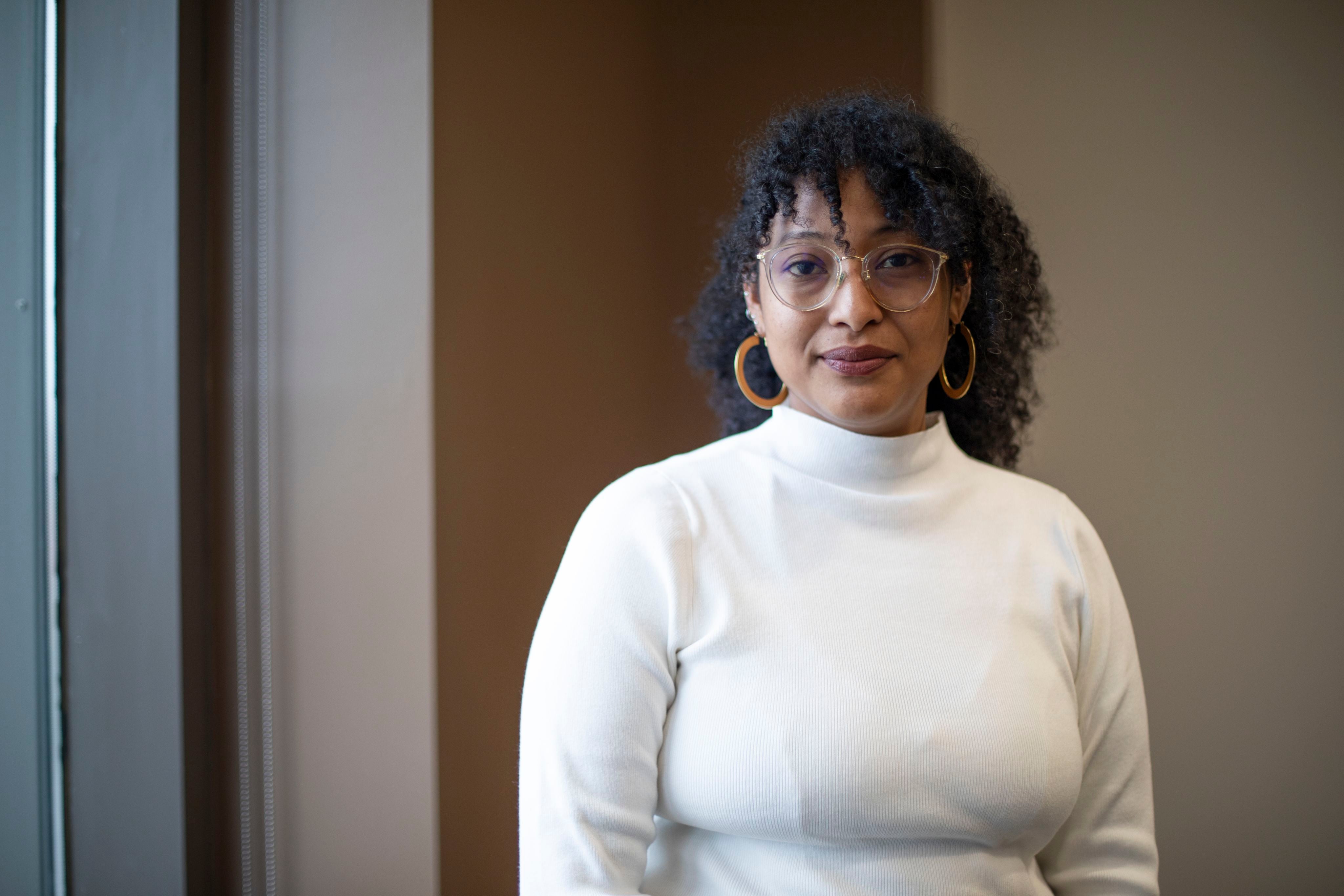
Cox keeps in touch with most students who pass through his program. Margarita, who first joined Texas Speech as a doctoral student, said the team isn’t a fraternity but is “for life” in the same way.
She remembered a wedding she once attended for a former coach that included a table of 21 alumni.
“I think that says a lot about the culture that Randy’s really built because the alumni come back,” Margarita said. “I’m excited to continue working within this little Texas Speech community that we’ve built and to make it bigger. I think Randy has set up a wonderful foundation for that.”
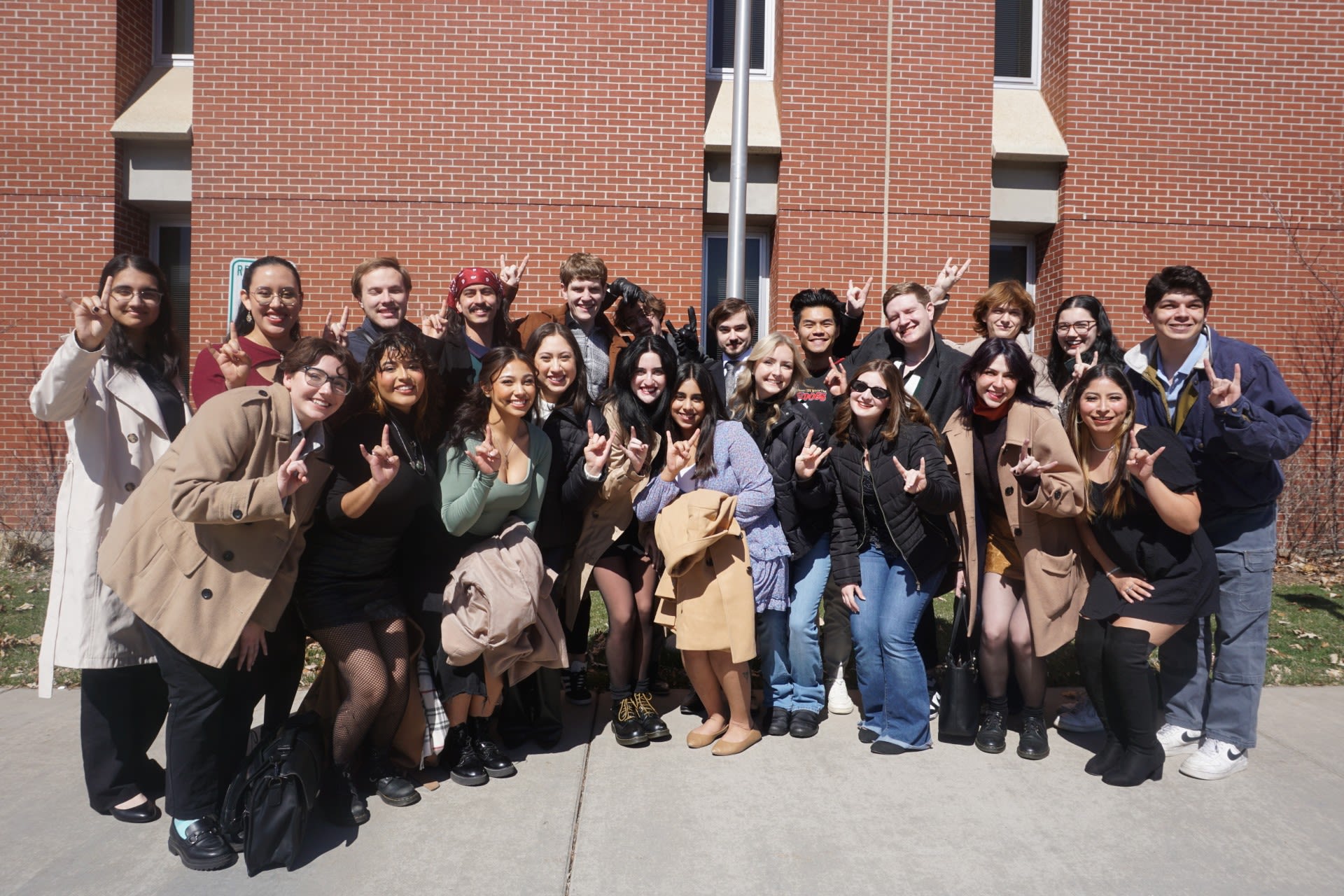
Students and coaches have plenty of time to get to know one another during the 11-month competition cycle. Throughout the academic year, the team is in a constant cycle of researching, practicing and coaching for various events. Students learn how to sit with an idea and evolve it to be more complex in preparation for national competitions during April. Team members get a month off in May before gearing up for high school summer camps and starting the process all over again in the fall.
“I think it’s really important that we generate a group of thinkers that learn and understand how to work creatively and critically,” Margarita said. “It is a skill set that is incredibly diverse, to be able to not just speak well, but write well. To do the research and then expect critique to an extent that you are then expected to build off of.”
“We’ve had to reinvent ourselves a number of times over the decades. It’s a little bittersweet, but at the same time, I’m looking forward to stepping back just a little bit and letting our new director really be the face and energy of the program. I’m just there to try to support her as much as I possibly can. But I don’t think about it really as an ending as much as another evolution.”
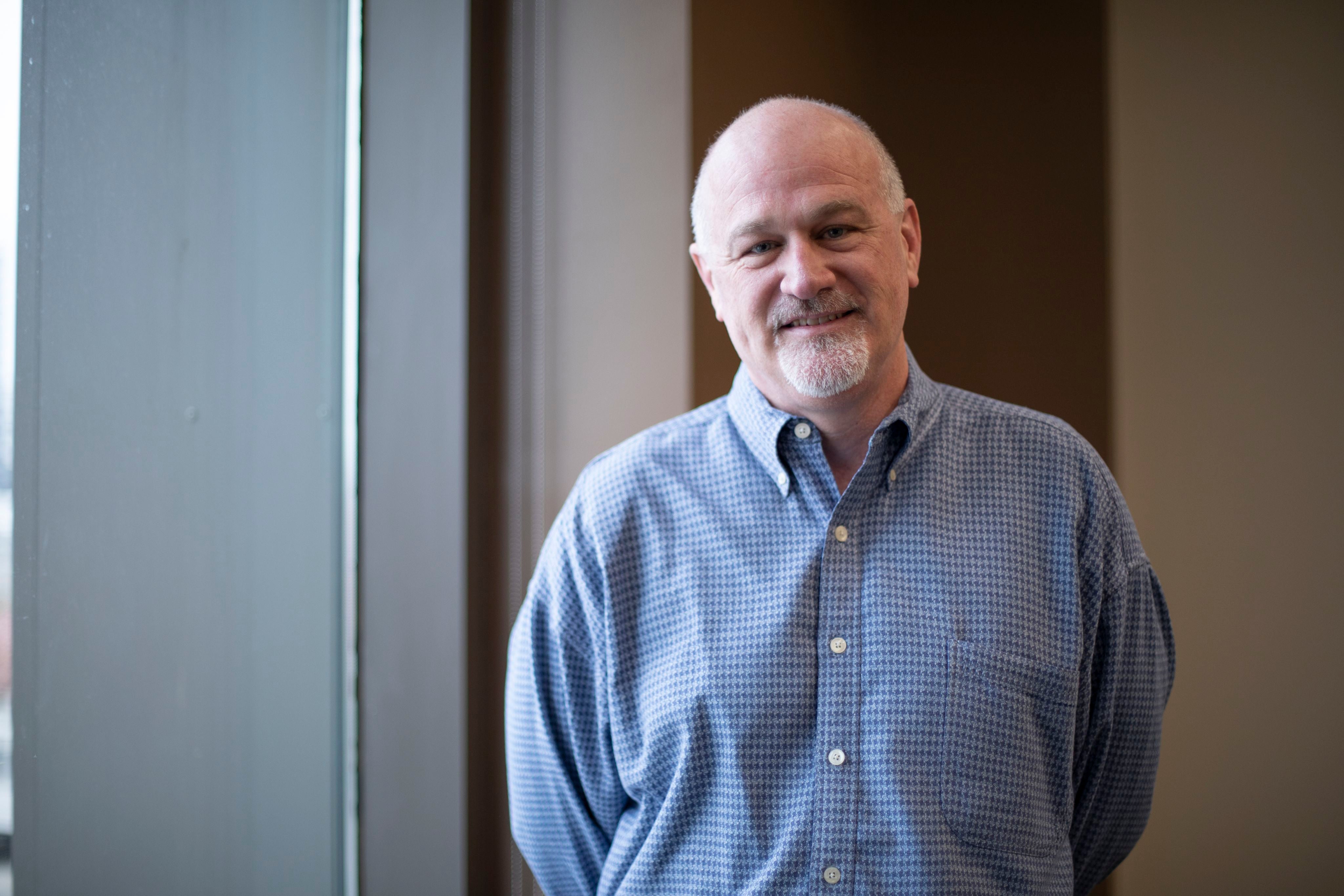
Handing the baton off to Margarita is just another evolution in the team’s history. The change has been a long time coming, Cox said. He began thinking about his career timeline six years ago, and when Margarita walked into the program, he said he found the perfect candidate to take his place.
“Eva is exceptional,” Cox said. “From the first conversation that she and I had together when she was considering coming to UT for grad school, I found that she just had so many amazing ideas. I think her perspective about what the team needs is really important.”
Margarita has big goals for the future, with plans to build a video archive of past years’ speeches and find more opportunities to spotlight the team’s talent and act as a resource for the rest of the communication studies community.
“We have so much range,” Margarita said. “And if we can show how people are doing this type of speaking and writing and having fun with it, then it might encourage people to pursue it.”
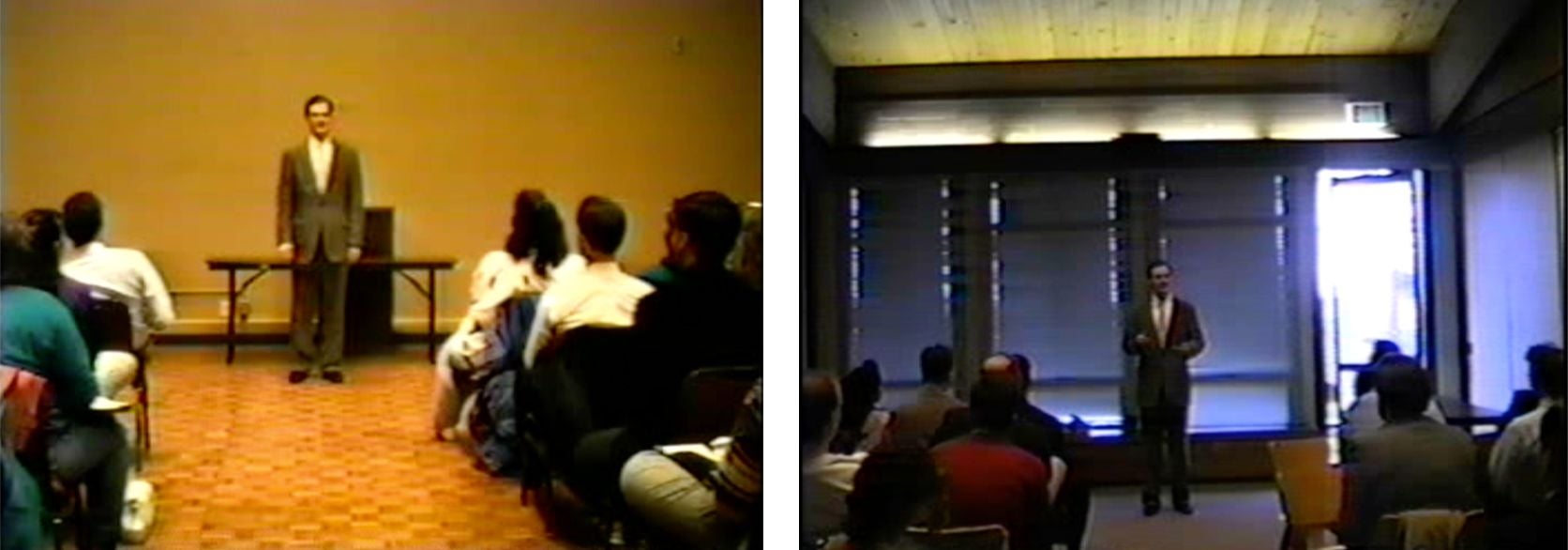
Randy Cox competing in 1991.
Randy Cox competing in 1991.
With the end of his career with the team drawing near, Cox doesn’t have a lot of time for sentimentality. There’s work to do. He said that people will have to wait and see what the reactions are, what sort of celebrations and reunions are in store.
Not to worry though, “Crazy Uncle Randy,” as he’s better known, will still be around for a while longer to help out where he can. It’s not a goodbye, he said, so much as a chance to step off the gas and invite some new people in.
“We’ve had to reinvent ourselves a number of times over the decades,” Cox said. “It’s a little bittersweet, but at the same time, I’m looking forward to stepping back just a little bit and letting our new director really be the face and energy of the program. I’m just there to try to support her as much as I possibly can. But I don’t think about it really as an ending as much as another evolution.”

